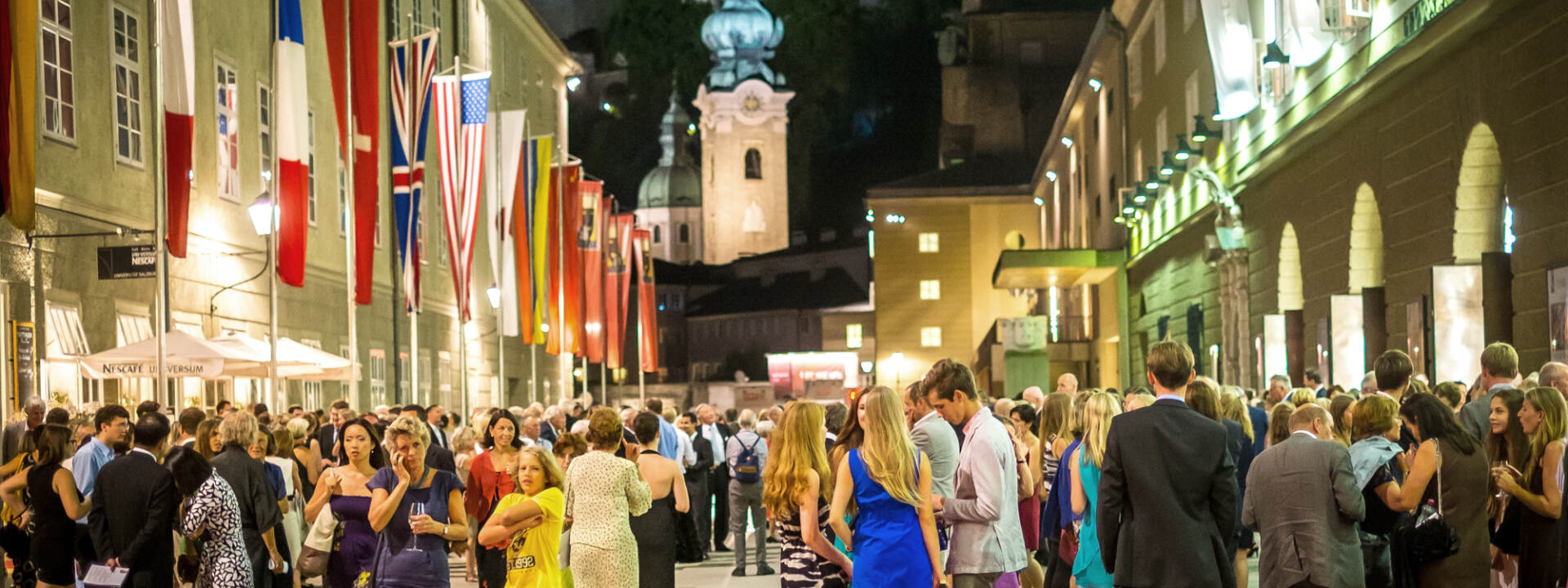
Salzburg Festival
Since 1920 Salzburg presents itself every year as the "Stage of the World". Experience one of the most prestigious music festivals, which is characterized by the highest musical quality, international artists and a perfect blend of tradition and modernity.
The beginnings of the Salzburg Festival
The Salzburg Festival was born on August 22nd in 1920 with the performance of Hugo von Hofmannsthal's Jedermann (Everyman) on Cathedral Square, directed by Max Reinhardt. The production was performed again in 1921, supplemented by concerts and in 1922 complimented by operas. It was possible to expand the repertoire by using the Felsenreitschule (the former Summer Riding School) as a venue (1926) and by building a festival hall (1925-27). Salzburg soon became a meeting point for the best directors, conductors, actors and vocalists of the time.
After the beginning of WWII the program offer was significantly reduced because many artists no longer permitted to appear. But already in the summer of 1945 the festival took place again and in 1946 the actual process of normalization began. In 1948 a man moved to the forefront whose name is inseparably connected to the Salzburg Festival to this day: Herbert von Karajan. Herbert von Karajan opened the newly built Large Festival Hall on July 26, 1960 and rung in a new era: the new opera house could accommodate an audience of over 2,200. It was not primarily intended as a venue for the Mozart repertoire but for the popular operas of the 19th century. Karajan effectuated a further internationalization of the Festival.
Gerard Mortier pursued during his time in Salzburg (1990-2001) introducing a broader and more contemporary repertoire to a different and younger audience. Starting in 2002, Peter Ruzicka paid tribute to the city's most famous son with new, exemplary productions and the first complete performance cycle of all 22 Mozart operas. Austrian composers such as Korngold, Zemlinsky and Schreker, who had been forced into exile or banned during the Nazi years, were presented to the Festival audience for the first time. 2012-2014 Alexander Pereira was artistic director of the Salzburg Festival, followed by Sven-Eric Bechtolf 2015-2016. Since 2017 Markus Hinterhäuser is intendant of the festival.
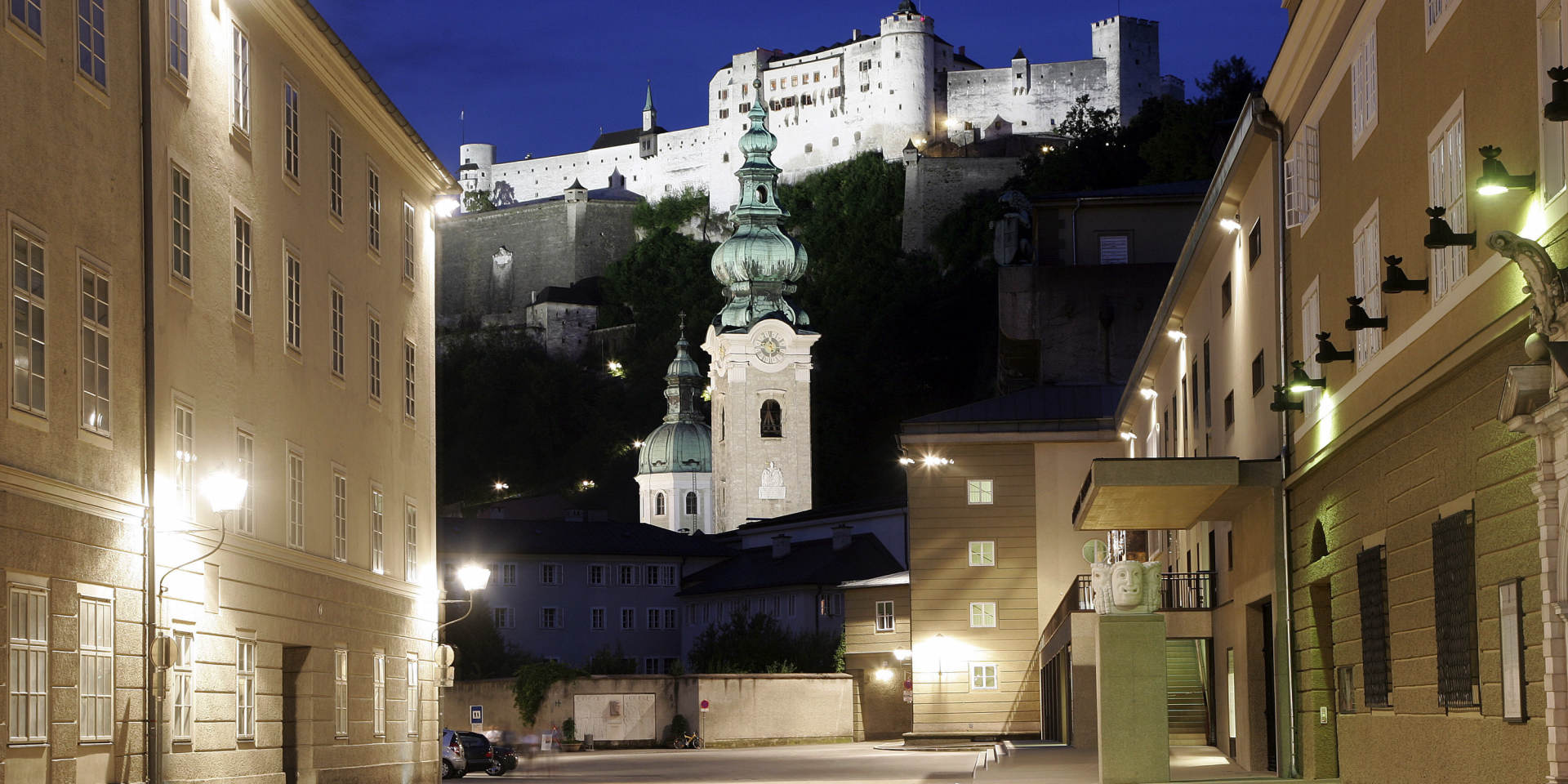
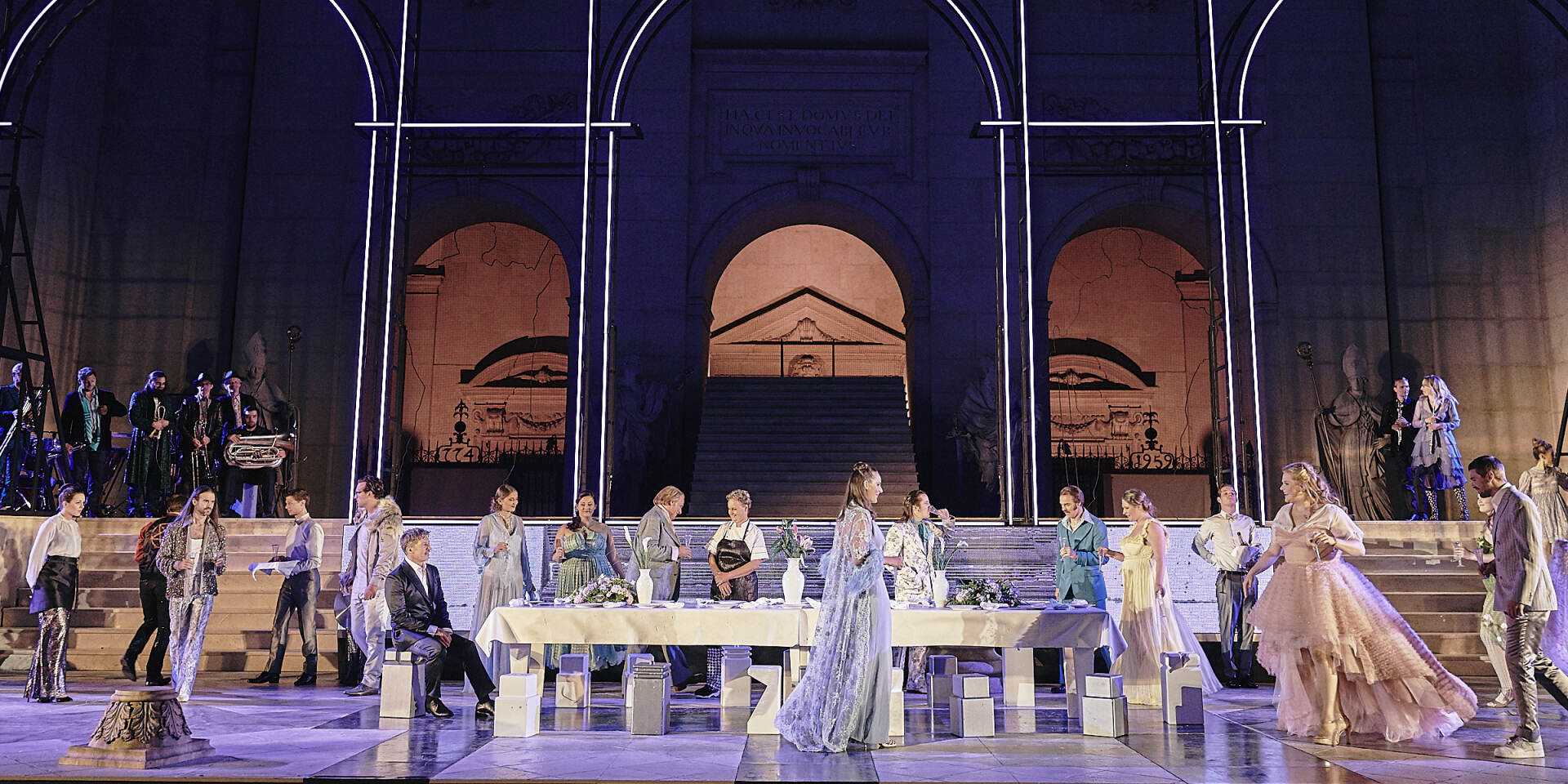
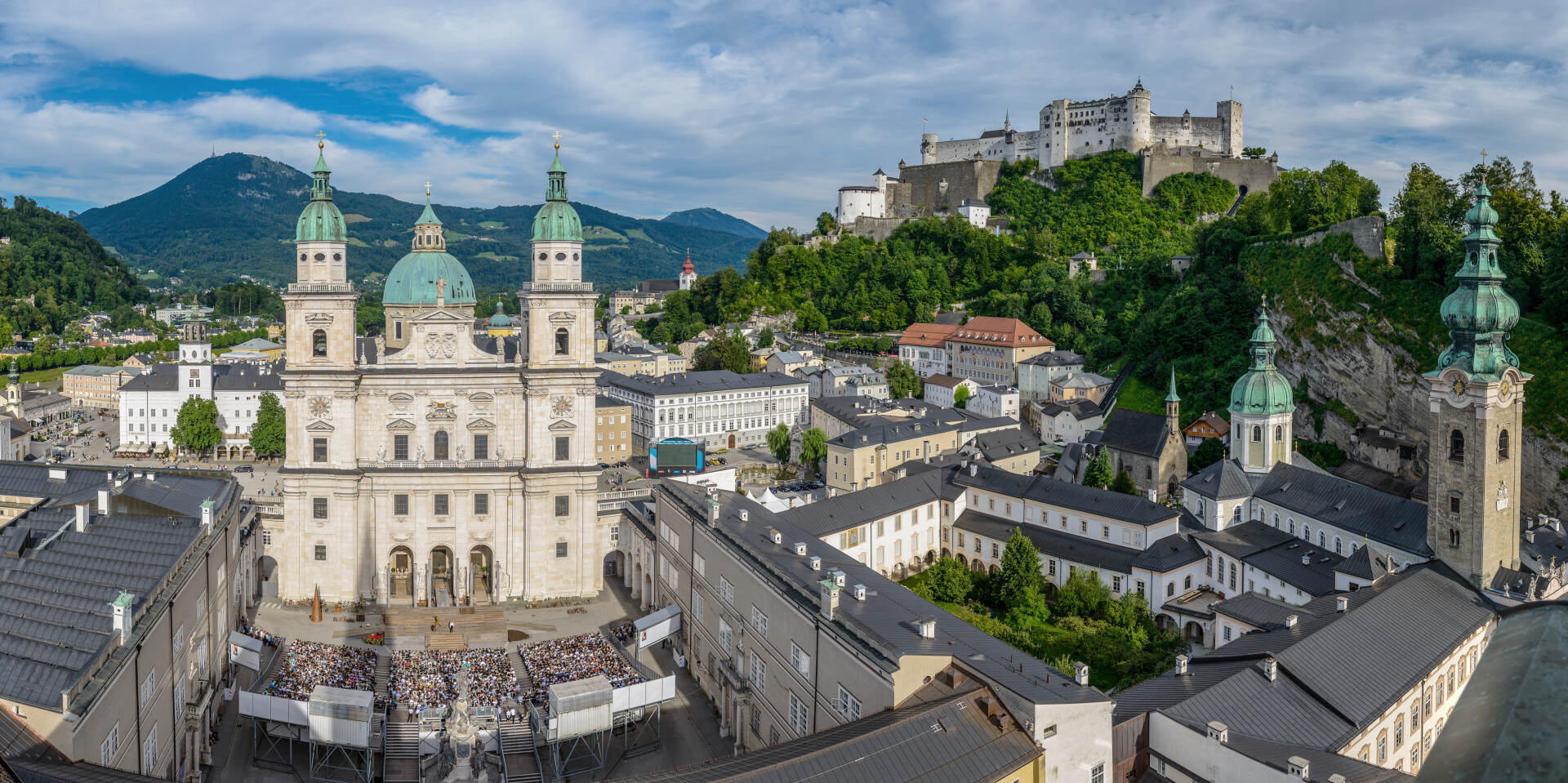
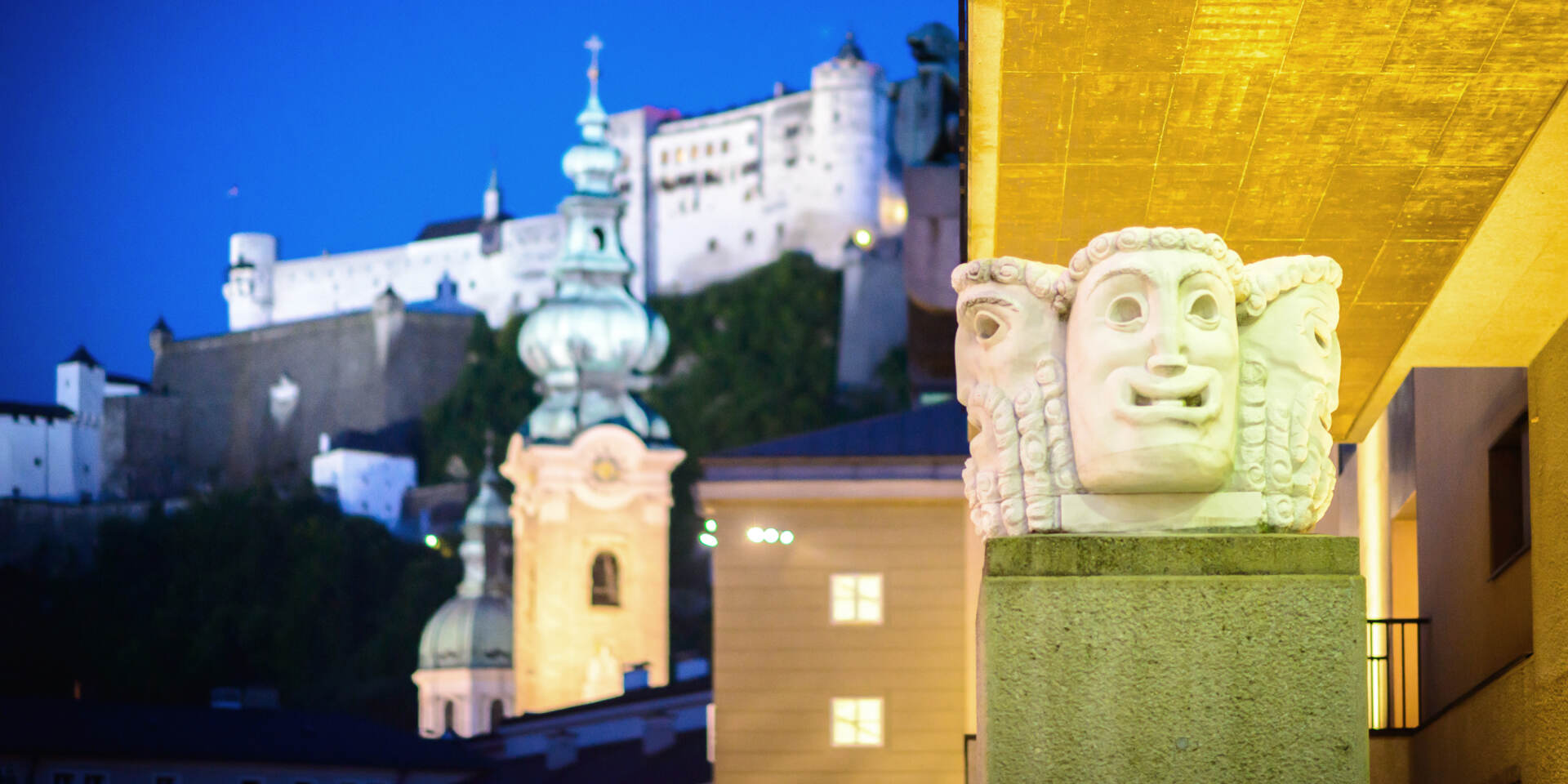
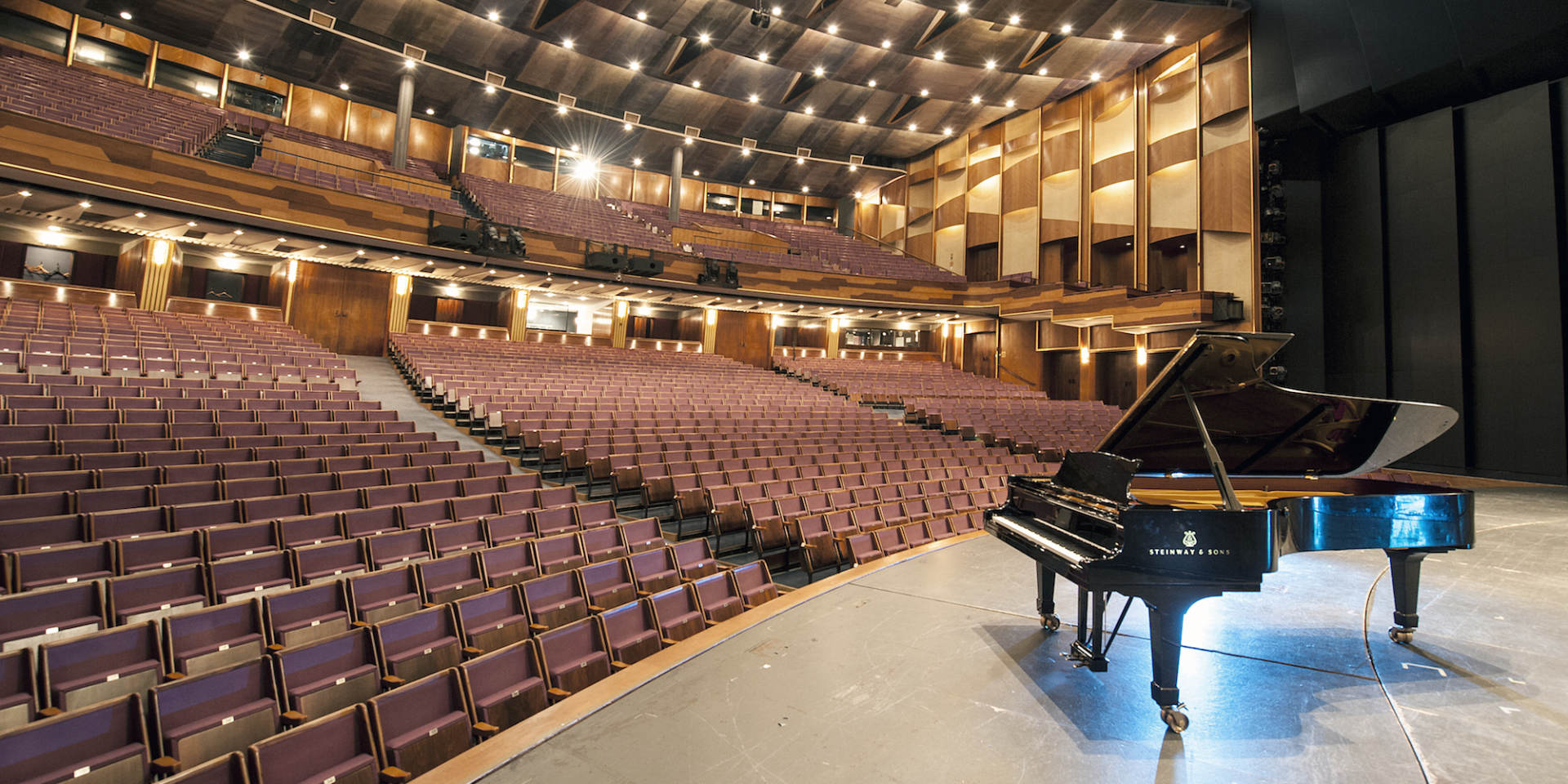
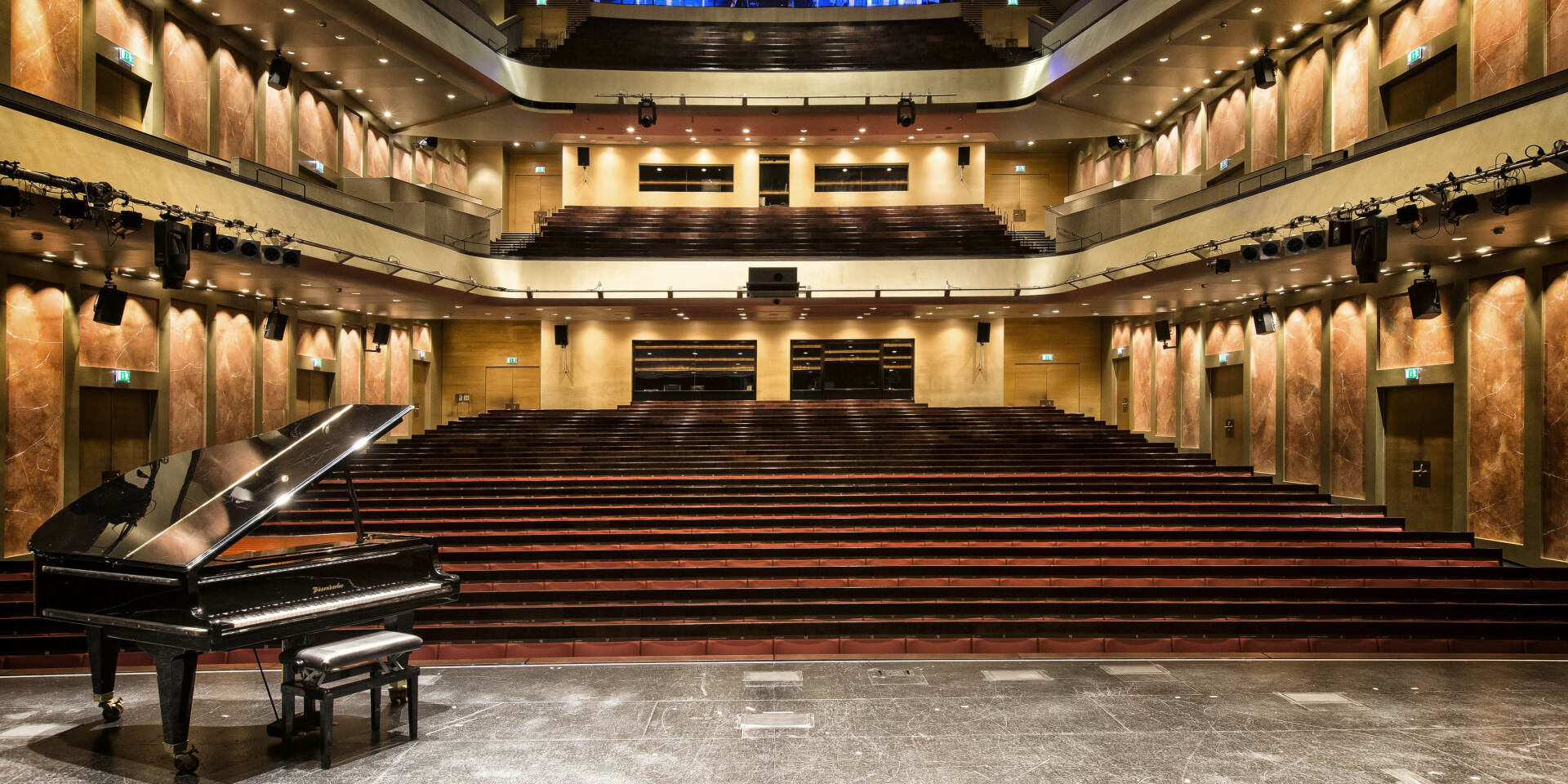

Jedermann (Everyman) – Highlight of the festival
Since 1920, Jedermann by Hugo von Hofmannsthal is staged at Cathedral Square in front of the Salzburg Cathedral attracting every year thousands of festival guests to Salzburg – enjoying most innovative dramatizations and top class actors. Playing the Jederman in Salzburg is considered as one of the most prestigious stage roles within the German speaking World. Open-air and incorporating Salzburg’s historical city as breathtaking back drop, this unique success story ensures an unforgettable evening.
Written by Hugo von Hofmannsthal and directed for the first time by Max Reinhardt – cofounder of the Salzburg Festival – the play is based on medieval mystery and moral play telling the story of a rich man Jedermann (every man) worshiping his wealth instead of respecting God. All of a sudden, while a huge banquet with his friends and concubine Jedermann faces the Death, the Devil and also his good Deeds. Neither his earthly companions nor his mammon are willing to follow him into the grave, merely the personifications of his good deeds and faith accompany him on his path of awareness and finally to God.
Jedermann – „The play about death of the rich man“ – is even nowadays a criticism on egoism, indifferences and hard-heartedness. Everyman’s development into humble supplicant and believing Christian is his salvation: at the end the devil has to abdicate the soul of penitent Everyman. The rich man may finally die in peace.


